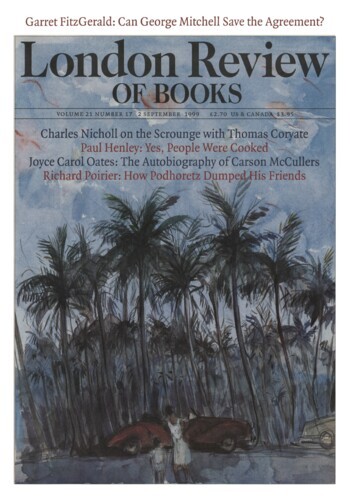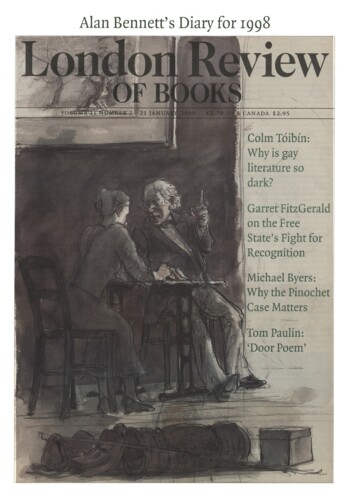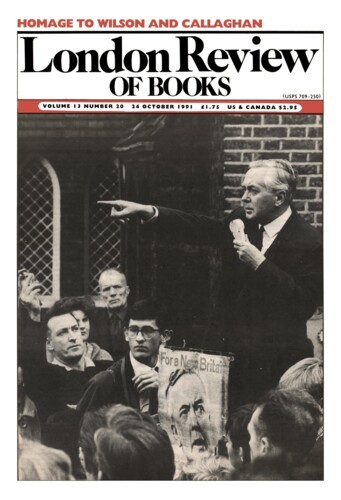What happened to Good Friday?
Garret FitzGerald, 2 September 1999
Last year’s Good Friday Agreement arose out of what had effectively become a stalemate in Northern Ireland. At one time the security forces had believed they could defeat the Provisional IRA, but the methods by which they sought to do so proved counter-productive. A police force drawn, for whatever reasons, from one side of the community only, and inevitably identifying with that side, could not command sufficient support, or even acceptance, on the other side to isolate and defeat a terrorist organisation like the Provisionals. And a British Army organised for warfare, and under constant attack from terrorists, could not provide the consistent, even-handed policing that would have secured and maintained the support of the section of the community from which the terrorists were drawn. This would have been difficult even had it been possible for a British government, concerned about the morale of its troops, to apply the strict discipline necessary to ensure that it operated in the same way as an impartial police force might have done.




